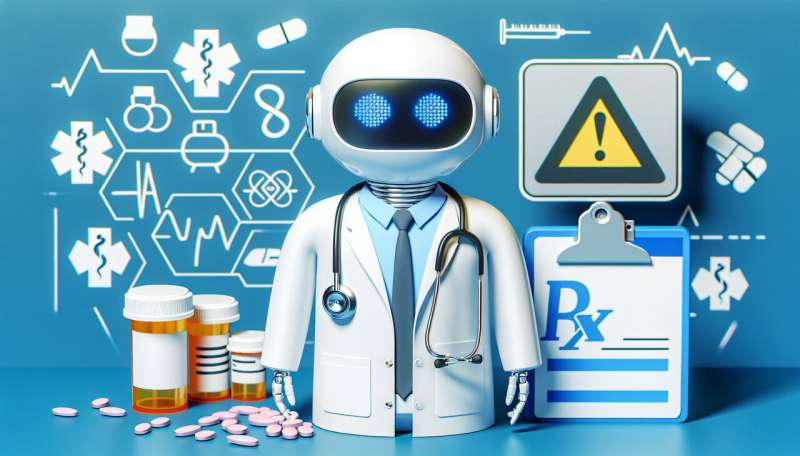Or maybe you’ve typed your symptoms into ChatGPT to get a possible diagnosis—sometimes reassuring, sometimes alarming.
Artificial intelligence (AI) for health care is increasingly being trialed in hospitals, clinics and even on our phones.
Chatbots powered by large language models are being promoted as a way to fill gaps in health care, especially where doctors are scarce.
But our new research has found that while these AI chatbots like ERNIE Bot, ChatGPT, and DeepSeek show promise, they also pose significant risks—ranging from overtreatment to reinforcing inequality. The findings are published in the journal npj Digital Medicine.

